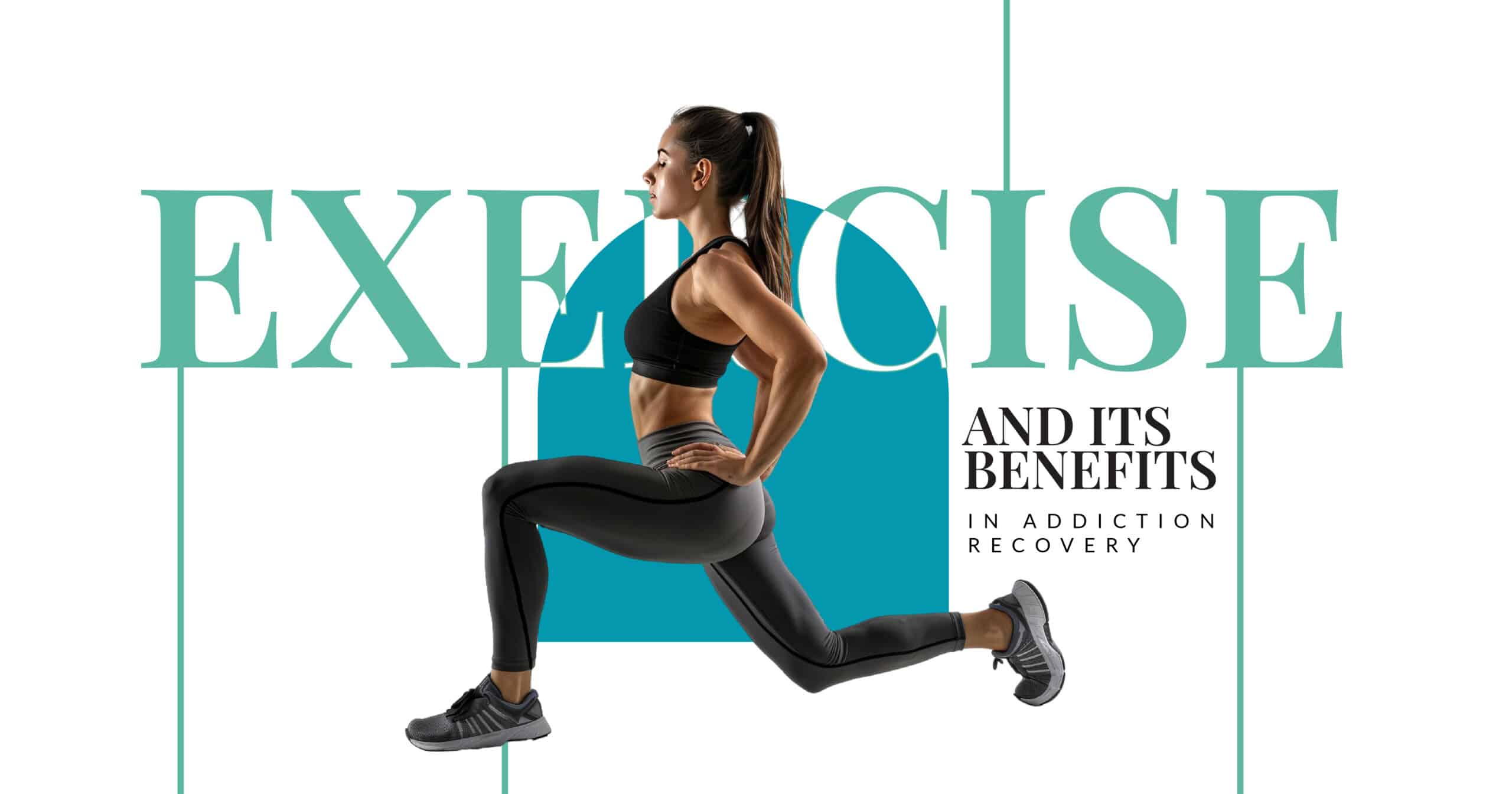In recent years, addiction treatment has evolved significantly, with professionals increasingly recognizing the powerful role that exercise can play in recovery. This article explores the profound benefits of exercise in addiction treatment, highlighting its importance in Newport Beach and addressing common questions related to this topic.
Understanding Addiction and Exercise
Addiction is a complex disease that affects the brain and behavior, leading to an inability to control substance use despite harmful consequences. While traditional treatments such as therapy and medication remain crucial, integrating exercise into addiction recovery programs has shown remarkable promise.
How Exercise Supports Addiction Recovery
Physical and Mental Health Benefits
- Physical Fitness: Engaging in regular exercise improves cardiovascular health, strengthens muscles, and enhances overall physical well-being.
- Mental Health: Exercise stimulates the production of endorphins, neurotransmitters that help alleviate stress and boost mood, which is particularly beneficial during the challenging phases of addiction recovery.
Distraction and Routine Building
- Healthy Distraction: Exercise provides a positive outlet for stress and anxiety, redirecting focus away from cravings and negative thoughts.
- Establishing Routine: Consistent exercise helps individuals in recovery establish a structured routine, promoting discipline and stability.
Scientific Insights into Exercise and Addiction
Recent research underscores the scientific basis for incorporating exercise into addiction treatment:
- Studies indicate that exercise can modulate brain regions associated with reward processing and decision-making, potentially reducing the risk of relapse.
- Neurobiological mechanisms suggest that physical activity enhances neuroplasticity, aiding in the repair of brain function impaired by substance abuse.
Exercise Modalities in Addiction Treatment
Aerobic Exercise
- Running, Cycling, and Swimming: Aerobic activities elevate heart rate and oxygen consumption, promoting endurance and improving overall cardiovascular health.
- Impact on Mood: Aerobic exercise releases endorphins, contributing to improved mood regulation and reduced symptoms of depression and anxiety commonly experienced in recovery.
Strength Training
- Muscle Development: Resistance training builds muscle mass and strength, enhancing physical fitness and metabolism.
- Empowerment: Achieving fitness milestones through strength training fosters a sense of accomplishment and self-efficacy, crucial for long-term sobriety.
Mind-Body Practices
- Yoga and Meditation: These practices integrate physical movement with mindfulness and relaxation techniques, offering holistic benefits for both physical and mental well-being.
- Stress Reduction: Mind-body exercises reduce stress hormones like cortisol, promoting emotional balance and resilience in recovery.
Integrating Exercise into Addiction Recovery Programs
Personalized Fitness Plans
- Assessment and Goal Setting: Tailored exercise plans consider individual preferences, fitness levels, and recovery goals.
- Progress Monitoring: Regular evaluations track physical improvements and adjust exercise routines as recovery progresses.
Group Activities and Support
- Community Engagement: Group exercise sessions foster camaraderie and social support among individuals in recovery.
- Accountability: Peer encouragement and shared experiences motivate consistent participation and adherence to exercise routines.
The Role of Exercise in Newport Beach’s Addiction Treatment Scene
In Newport Beach, the integration of exercise into addiction treatment reflects a progressive approach to holistic recovery. Rehab centers and wellness facilities in the area increasingly emphasize physical activity as a core component of comprehensive treatment plans. This focus not only enhances physical health but also cultivates a supportive environment conducive to long-term sobriety.
Frequently Asked Questions about Exercise and Addiction Treatment
How Soon Should Exercise Begin in Recovery?
- Early Integration: While individual readiness varies, introducing gentle exercises like walking or yoga early in recovery can promote physical and mental well-being without overwhelming the individual.
What Types of Exercises are Suitable?
- Varied Approaches: The suitability of exercises depends on factors such as fitness level, health condition, and personal preferences. A combination of aerobic, strength training, and mind-body exercises often provides comprehensive benefits.
Can Exercise Replace Traditional Treatment Methods?
- Complementary Role: Exercise complements traditional treatments such as therapy and medication but does not replace them. Integrating exercise into a comprehensive treatment plan enhances overall outcomes.
Conclusion
Exercise is not just beneficial but essential in addiction treatment, offering holistic support for physical, mental, and emotional well-being. In Newport Beach, the emphasis on incorporating exercise into recovery programs underscores its transformative impact on individuals seeking to reclaim their lives from addiction. By integrating exercise into treatment plans, rehab centers in Newport Beach exemplify a progressive approach to recovery that prioritizes comprehensive care and long-term sobriety.
As addiction treatment continues to evolve, recognizing the pivotal role of exercise sets the stage for enhanced recovery outcomes and improved quality of life for individuals navigating the path to sobriety.




